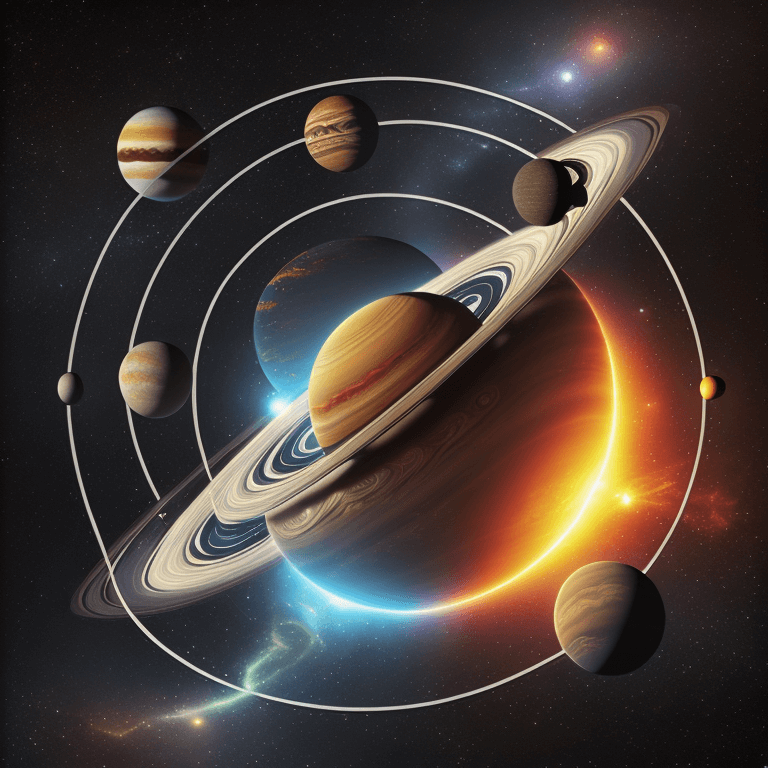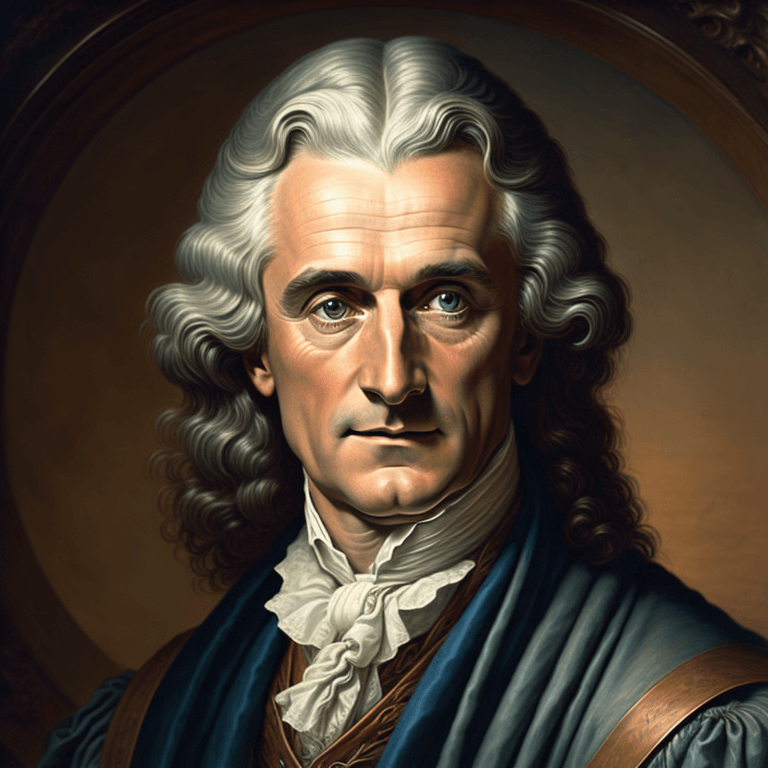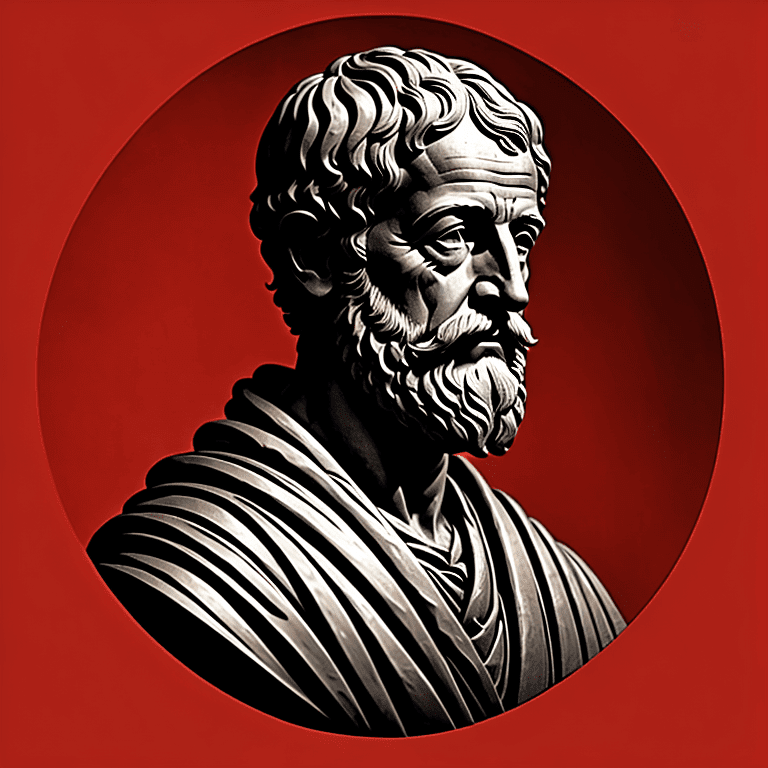Who is the father of physics?
There are many contenders for the title of “Father of Physics.”

5 Influential figures in the historical development of physics as a science:
- Galileo Galilei (1564-1642) – Italian mathematician, astronomer, and physicist. Pioneered modern experimental scientific method. Made fundamental discoveries in kinematics, dynamics, and astronomy.
- Sir Isaac Newton (1643-1727) – English physicist and mathematician. Formulated laws of motion and gravity. Fundamental contributions to mechanics, optics, and mathematics. Author of Philosophiæ Naturalis Principia Mathematica.
- Michael Faraday (1791-1867) – English physicist and chemist. Discovered electromagnetic induction, diamagnetism, and electrolysis laws. Pioneering work in electricity and magnetism.
- James Clerk Maxwell (1831-1879) – Scottish physicist. Developed the classical electromagnetic theory and Maxwell’s equations. Fundamental work on electromagnetism and kinetics.
- Albert Einstein (1879-1955) – German theoretical physicist. Developed theory of relativity, photoelectric effect theory, and matter-energy equivalence (E=mc2). Nobel prize for physics in 1921.
List of 7 contenders for early pioneers and “Father of Physics” include:
- Johannes Kepler
- Robert Hooke
- Christiaan Huygens
- Marie Curie
- Ernest Rutherford
- Niels Bohr
- Max Planck

Overall, physics advanced over centuries through the work of many great scientists, making definitive statements about a single “father” difficult.
But Galileo, Newton, Faraday and Maxwell are among the most influential in establishing physics as a modern science.
Each of these scientists made major contributions to our understanding of the universe and how it works.
Isaac Newton is credited with developing classical mechanics, while Albert Einstein is famous for his theory of relativity. Galileo Galilei is known for his work in classical mechanics and astronomy.
Who is the father of physics
There are three men who are widely considered to be the fathers of physics: Isaac Newton, Albert Einstein, and Galileo Galilei.
Explain it to a child
Isaac Newton, Albert Einstein, and Galileo Galilei are all people who helped us understand physics. They each did something important to help us learn about the physical world.
Each of these men made significant contributions to our understanding of the physical world. Isaac Newton is credited with developing the laws of motion and gravitation.
Albert Einstein is best known for his theory of relativity. Galileo Galilei was the first to observe and study the planets and stars through a telescope.

Isaac Newton’s life and work
Isaac Newton is one of the most renowned scientists in history.
He is best known for his work on gravity and mechanics, but he also made significant contributions to optics, mathematics, and other fields.
Born in 1642 in England, Newton was a gifted student who went on to study at Cambridge University. It was there that he began developing his theories on gravity and motion.
In 1687, he published his masterpiece, Philosophiæ Naturalis Principia Mathematica, which laid the foundation for classical mechanics.
Newton continued to work on physics and mathematics throughout his life, and he also held positions at the Royal Mint and the Royal Society. He died in 1727, leaving behind a legacy as one of the greatest minds of all time.
What Newton discovered that earned him the title of father of physics

Newton is considered the father of physics for his work on the three laws of motion. The first law, often called the law of inertia, states that an object will remain at rest or in uniform motion in a straight line unless acted on by an external force.
- The second law states that the rate of change of momentum of an object is proportional to the applied force and takes place in the direction of the applied force.
- The third law states that for every action there is an equal and opposite reaction.
- These laws were published in Newton’s 1687 book Principia, which is considered one of the most important works in the history of science.
- Newton also developed the theory of universal gravitation, which explains how objects are attracted to each other with a force that is proportional to their masses and distances between them.
This theory was also presented in Principia and helped to establish him as one of the most influential scientists of all time.
Albert Einstein’s life and work
Albert Einstein is one of the most influential physicists of the 20th century.
His work on the theory of relativity and his discovery of the laws of quantum mechanics helped to revolutionize our understanding of the universe.
- Einstein was born in 1879 in Ulm, Germany, and he began his studies at ETH Zurich in 1896.
- After earning his Ph.D. from the University of Zurich in 1905, he took a position at the Bern patent office.
- It was during this time that he developed his groundbreaking theories on relativity and quantum mechanics. In 1921, he was awarded the Nobel Prize in Physics for his work on the photoelectric effect.
Einstein continued to work on his theories throughout his life, and he also spoke out against nuclear weapons and racism. He died in 1955 at the age of 76.
Today, Einstein is widely regarded as one of the most brilliant scientists of all time, and his work continues to shape our understanding of the universe.
What Einstein contributed to our understanding of physics that made him the father of physics
While Einstein is best known for his theories of relativity, he also made significant contributions to the field of quantum mechanics.
In 1905, he published a paper on the photoelectric effect, which showed that light could be particles as well as waves.
This discovery laid the foundation for the development of quantum theory.
In addition, Einstein’s work on special and general relativity helped to revolutionize our understanding of space and time.
Without Einstein’s groundbreaking work, modern physics would not be what it is today. He truly was the father of physics.
Galileo Galilei’s life and work
Galileo Galilei was born in 1564 in Pisa, Italy. He was the first of six children born to Vincenzo Galilei, a musician and academic, and Giulia Ammannati, a noblewoman.
Galileo showed an early interest in mathematics and physics, and he attended the University of Pisa where he studied medicine.
- However, he later dropped out of school to pursue his interests in science.
- In 1609, Galileo heard about the newly invented telescope and began building his own version. He quickly realized the potential of this new instrument and turned his attention to the night sky.
Over the next few years, Galileo made a series of remarkable discoveries, including the moons of Jupiter and the phases of Venus. These findings clashed with the prevailing view that all objects in the heavens revolved around Earth.
As a result, Galileo became embroiled in a bitter controversy with the Catholic Church. In 1633, he was tried for heresy and sentenced to life imprisonment.
However, he was later allowed to live under house arrest at his villa in Arcetri, where he spent the last years of his life continuing his work on physics and astronomy.
Galileo Galilei died in 1642 at the age of 77. His legacy as one of history’s greatest scientists is secure.
What Galileo did that earned him the distinction of being called the father of modern physics
Galileo Galilei is often called the father of modern physics and with good reason.
He was one of the first scientists to use experimentation to verify his hypotheses, and his work laid the foundations for the scientific revolution.
In his famous experiment involving falling objects, Galileo showed that all objects fall at the same rate, regardless of their mass.
This was a direct challenge to Aristotle’s theory of motion, which held that heavier objects fall faster than lighter objects.
Galileo’s work also helped to disprove the long-held belief that the earth is the center of the universe.
By observing the moons of Jupiter, he showed that they orbit around Jupiter, not around the Earth.
This provided strong evidence for Copernicus’s heliocentric model of the universe.
Galileo’s achievements earned him a place as one of the most important figures in the history of physics.
Each of these men laid the groundwork for the further study of physics, and their work has had a lasting impact on the world.
Other “Father Of” Scientific Field Articles:
- Father of Botany
- Father of Zoology
- Father of Ecology
- Father of Bacteriology
- Father of Immunology
- Father of Biology
- Father of Physiology
- Father of Virology
- Father of Anatomy
- Father of Physics
Article Sources
Jacks of Science sources the most authoritative, trustworthy, and highly recognized institutions for our article research. Learn more about our Editorial Teams process and diligence in verifying the accuracy of every article we publish.
